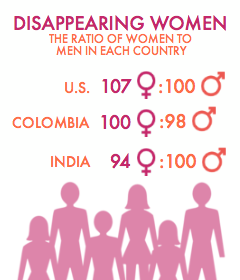
Geography: United States
Founded: 1995
Address:1904 Franklin Street
Oakland, CA 94612
About the Women's Action to Gain Economic Security (WAGES)
Women's Action to Gain Economic Security (WAGES) is dedicated to promoting the economic and social well being of low-income women through cooperative business ownership.
WAGES develops healthy, dignified worker-owned co-ops that emphasize environmentally friendly techniques as a way to protect workers' health and the environment. The co-ops provide improved financial stability for low-wage workers and expand the economic and social empowerment of their families and communities throughout the greater Bay Area.
Currently, WAGES supports five thriving cooperatives of more than 95 women, all of whom are worker-owners of eco-friendly housecleaning businesses.
Their ultimate vision is a world where all women have dignified and lasting economic opportunity, leading to long-term well being for themselves, their families, and their communities.
Programs
WAGES provides a range of programs designed to create healthy, dignified work for low-income women and advance the economic and social well being for their families and communities.
WAGES works primarily with Latina immigrants to form housecleaning cooperatives that emphasize environmentally friendly cleaning techniques as a way to protect worker health and the environment, while capitalizing on a lucrative market niche. Their cooperatives aim to provide a living wage of $10-15/hour for their member-owners and return profits to the cleaners rather than to corporate owners. Workers build their individual capacity by learning business and leadership skills and gain expertise in eco-friendly cleaning. By working together to own their own businesses, women overcome the isolation and vulnerability that are typical in the housecleaning industry.
In the wake of the economic crisis, WAGES offers a unique pathway to economic self-reliance to a particularly vulnerable constituency and a model with promise for replication both within and beyond the Bay Area.
The present moment presents a timely opportunity for WAGES’ model to contribute to the creation of green jobs for marginalized women workers. Their cooperatives are generating wealth in local economies, and their experience is contributing to emerging efforts to advance models for responsible business, workforce, and economic development that build opportunity for those who are most in need and most invested in their communities for the long-term.